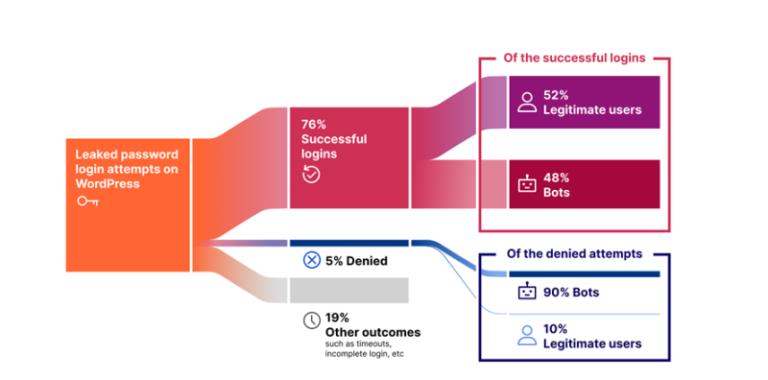
18-year-old Alan W. Filion of Lancaster, California, has been sentenced to four years in prison for orchestrating a prolonged series of false threats of violence and bombings, a practice known as “swatting.” According to the prosecution, he placed nearly 400 hoax calls, triggering emergency responses to schools, universities, religious institutions, and private residences across the country.
Filion pleaded guilty to four federal counts of transmitting threats across state lines. His calls prompted large-scale police operations, with law enforcement often resorting to forced entries, detaining innocent individuals, and conducting extensive searches. In January 2023, he boasted on social media that his “pranks” forced officers to “drag people and their families out of their homes, put them in handcuffs, and conduct searches.”
Investigators determined that Filion was responsible for more than 375 such calls, including a threat of a mass shooting at Masjid Al Hayy mosque in Florida, during which he played audio recordings of gunfire. Following his arrest in California in January 2024, he was extradited to Florida to face prosecution.
The court established that Filion initially engaged in swatting as a form of entertainment but later monetized it, offering his “services” for a fee. His crimes included false reports of a school shooting in Washington, a bomb threat at a Florida college, and even a fabricated claim that he had murdered his own mother in Texas.
The danger posed by swatting is escalating. In January 2024, U.S. federal agencies reported over 100 threats in a single month, affecting more than 1,000 institutions across 42 states. Last year, a Washington state resident was sentenced to three years in prison for making 20 similar hoax calls.
False threats are not a game—they are crimes with severe, real-world consequences. A single phone call can upend the lives of innocent people, incite chaos, and divert law enforcement from genuine threats. The harsh sentences handed down in these cases underscore the unwavering commitment of the justice system to holding perpetrators accountable.


